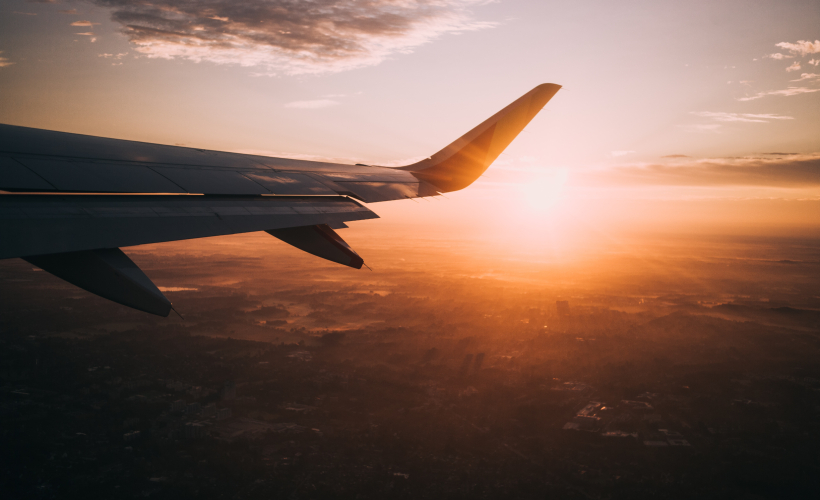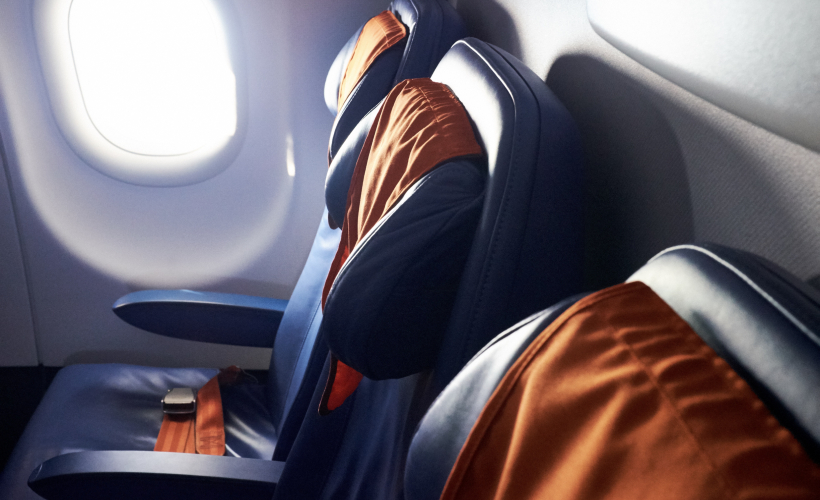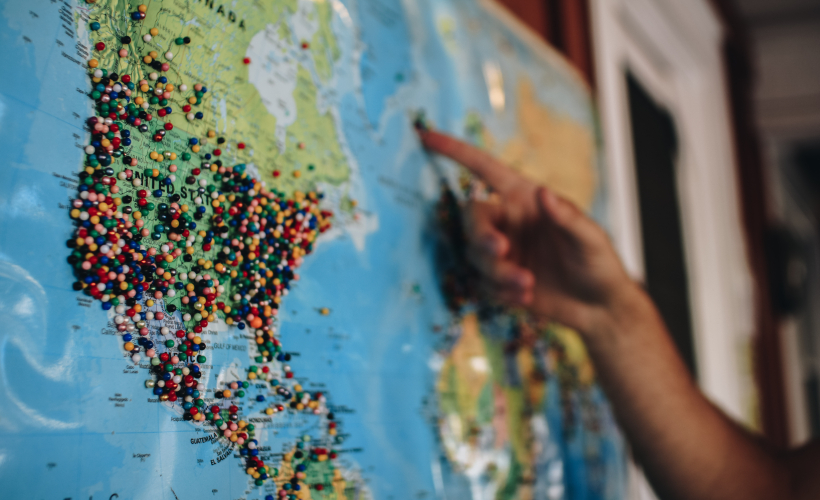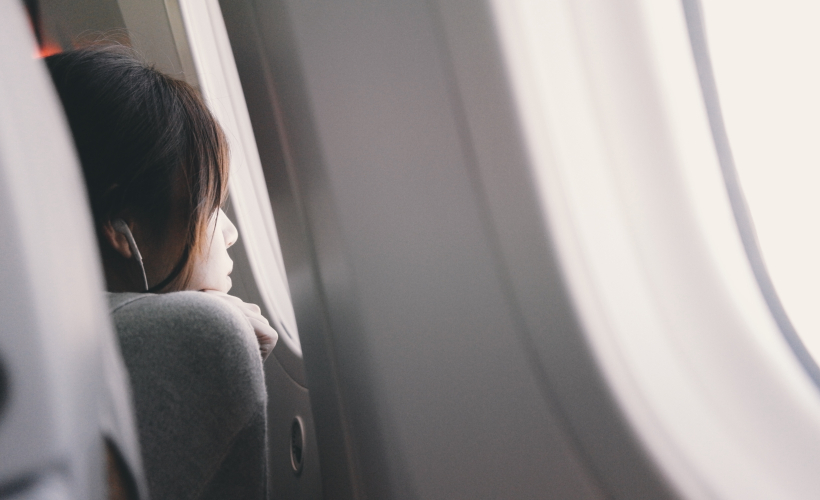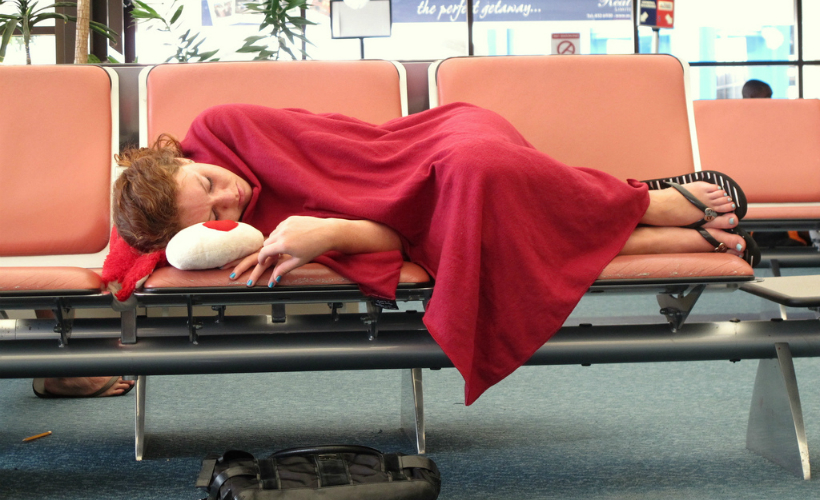Being a jet-setter who’s afraid of air travel seems like a walking (or flying) contradiction, right? It may come as a surprise, but there are plenty of people who love travelling but fear flying. Perhaps you’re one of them. If so, don’t let your nerves get in the way of your adventures. There are lots of things you can do to keep the jitters from swooping in.
Fly, fly, and fly again
The more flights you take, the more accustomed you’ll become to standard flight routines, and all of the usual sounds and shakes that come with it. Larger planes are also your best bet for a smoother ride. Of course, take it slowly and gently, then slowly rack up the air miles.
Short-haul flights are a good way to ease yourself in, while night or early morning flights are preferable, as they usually experience less turbulence due to lower levels of atmospheric heating. Finally, travel with a calm and understanding loved one when possible, at least in the beginning. It can be reassuring to know you have somebody to talk to if — or when — the nerves kick in.
Confide in the crew
It’s never a bad idea to let the airline know that you’re a nervous passenger. Don’t be embarrassed; it’s not unusual, and the cabin crew will take steps to ensure your journey is as comfortable as possible. Tell them when you board the plane, and they’ll surely check in on you throughout the flight. If possible, ask to sit as close as you can to the front of the cabin. Turbulence is usually worse at the back.
Plane prep
Don’t allow your anxiety to brew before setting foot on a flight. Arrive early at the airport, and be sure to have your packing done and documents ready well in advance. Starting off on the right foot is sure to make the rest of your journey much smoother.
Preparing for the flight itself will also be extremely helpful in keeping you calm. Take some home comforts along with you, such as a gripping book, a calming essential oil, or a cushion. Your favourite music can also serve as the perfect on-board distraction, and block out any unusual sounds that may send your anxiety sky-high.
Take a deep breath
There’s nothing more infuriating than being told to ‘just breathe’ when you’re in rage or having a panic attack. However, before you dismiss this seemingly simplistic strategy, give it a try. Focusing on deep breathing can help to distract your mind from fear, while also stimulating your parasympathetic nervous system, putting the body in a state of calm and relaxation.
Practice before you go by trying out some yogic breathing exercises on YouTube. It may look a little strange but the alternate nostril breathing technique can be particularly helpful, as can the extended exhale breath. If you need the support of a guide, download a guided breathing soundtrack or an app such as Headspace.
Fill your cup
Tell a friend you’re a nervous passenger and they’ll probably offer the solution of having a drink. While a glass of wine or two can indeed help calm some people down, it’s important not to overdo it. Too much alcohol might lead you to becoming more anxious and emotional than before, accelerate queasiness, or dehydrate you. Doesn’t sound like the best start to a trip, does it? If you choose to drink alcohol before or during a flight, opt for just one drink. Better yet, drink some camomile tea, which is calming and hydrating without the potential negative consequences.
Focus on the destination
Air travel is only one aspect of travelling. You likely booked the flight to reach an exciting new place, so if you’re dreading being up in the air, try to focus on the adventure to come. Guides to your destination are a useful way to keep your eyes on the prize, while they also pass the time on a long flight.
Arm yourself with knowledge
Did you know that air travel is the safest mode of transport? Your odds of being killed in a car accident are about one in 5,000, while the odds of dying in a plane crash are about one in 11,000,000, according to David Ropeik, an author, speaker and consultant on risk perception and rick communication. In fact, you’re more likely to die from a lightning strike or food poisoning than on a plane.
Despite what media coverage may lead you to believe, air travel is actually becoming safer every year. Last year, Dutch aviation consulting firm To70 and the Aviation Safety Network declared 2017 the safest year on record for commercial air travel, with no deaths recorded in the 12-month period.
You may already know all of this but still experience crippling anxiety during a bout of turbulence. Understanding what turbulence actually is can help you view it more like a bump in the road than a safety threat. Author of Cockpit Confidential: Everything You Need to Know About Air Travel, Patrick Smith, breaks this down, and clears up many other common flight safety fears, through his book and website.
Consult the pros
You’ve tried deep breathing, gotten to grips with the facts, and even brought your favourite teddy bear along for the ride, and yet, flying still terrifies you. Sometimes, stronger intervention is needed to overcome your fear. If you still wish or need to fly but still find yourself faced with debilitating fear or nervousness, why not try a specialised course for anxious passengers, or give hypnotism a shot? The worst that can happen is your current fears remain, while a positive result can see you flying fear-free in no time.

